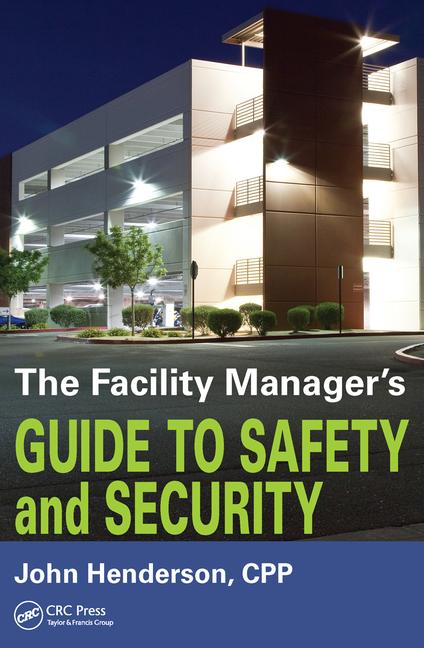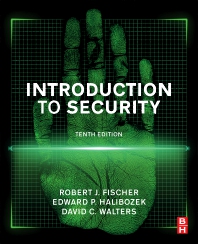At the recent Securing New Ground conference held October 17-18 in New York City, there was a heavy emphasis on artificial intelligence, or AI, technology, including what it can do for both security integrators and their customers.
Steve Van Till, president and CEO of Brivo, said AI, particularly the new generative AI, has “three buckets of influence” to consider.
The first is as a tool. “AI is providing a wealth of tools for anyone to use, including the security industry,” he said. “AI can allow us to do jobs better and with fewer people.” The intelligence built into the software for incidence detection, false alarm detection and even the speech recognition capabilities are way beyond what they were even just a few years ago, Van Till explained.
The second bucket is training. “One of the applications has been training in the context of tutoring students in schools,” he said. “Creating materials for training is much easier with these tools. When AI is behind the scenes with, say, a training module, when AI is behind there learning the strengths and weaknesses of a student, it is a much more powerful teaching tool. A well trained large language model with GPT on front end is real time training.” This has very promising implications for training technicians, for example.
The last bucket is threats. “There are many of those, but the rate and severity of threats going up exponentially as it is improving itself,” he explained. “Think of what we know today versus a year ago. It’s night and day. It all depends on who is wielding the tech and whether they have good or bad intentions.”
Throughout the two-day event, panelists explained both the use cases and benefits of AI. But one of the biggest hurdles, many noted, is helping the customer to understand what it can — and can’t — do. Both positively and negatively, many customers overestimate the power of AI-enhanced security, whether it is overestimating the privacy concerns or underestimating it’s value.
Kurt Takahashi, CEO of Netwatch Group said the challenge is to educate the organizations from the C level down, which is complicated by the silos that still exist between departments.
“IT needs to talk to physical security,” he said. “Those siloes, it is almost shocking we are still talking about sharing data across platforms. The power of AI is available, but the fundamental problem is that the security industry has to educate all the departments.”
Jumbi Edulbehram, global business development, smart cities and spaces, NVIDIA, explained that the conversation you need to have with a company, a city, airports, etc., is around use cases. “Figure out what the pain points are and say, ‘For these kinds of pain points, here is what kinds of AI are out there.’ Here is something that will help you as opposed to, ‘Here is the technology, what use do you have for it?’”
Of course, before security integrators can effectively do that, you they first have to understand the technology themselves, which is no easy task. Much like IT and cybersecurity, the AI world is changing and evolving so quickly it can be difficult to keep up.
Hamish Dobson, corporate vice president, enterprise physical security, video security and access control at Motorola Solutions, compared the situation to past experiences with IT expertise. “Ten years ago companies would hire someone with a computer degree. Now they are hiring people with an AI degree. Just like there used to be IT consultants out there and then companies brought that expertise in-house, now we will hire kids out of colleges that can understand AI.”
Dobson and others, however, stressed the importance of jumping on this quickly.
“Just get on it now,” Dobson said. “Go hire somebody that understands this technology and can help you translate it better to your customers and in terms of how you apply it yourselves. Hire one person that understands AI and start to bring that knowledge in-house and that will keep you ahead of what is coming. It’s just like happened with IT. Make the investment now to have somebody. Our end users are doing it and we should be doing the same thing and getting ahead of this to break down these walls.”
Takahashi added it is just important to do for your own business. “If you are a service provider, you have to do it. There is no way to sustain your business with the labor shortage and higher cost of wages. You have to start to invest in it. You have to get someone who understands it, whether you partner or hire somebody.”
Security integrators also weighed in on the topic.
Wayne Smith, president of Tech Systems Inc., said, “I think over the years we had siloed systems. We would install and walk away. Now with technology and cyber issues and AI we have to understand the business. We need to cater to the corporate client so we understand those businesses and their challenges to really provide expertise and knowledge.
“Solutions today provide a lot of data — a lot of information that in the past has not been utilized — for example, access control. We have used analytics to determine how many are people in a building. Security has always been an operational cost equation but we are now in a place where it can be a value add-back to an organization.”







